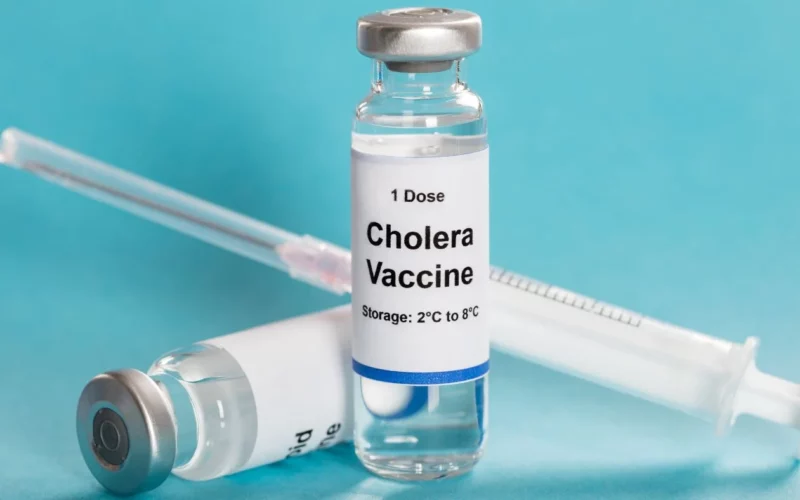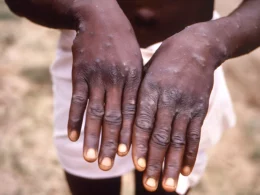The Ministry of Health and Child Care in Zimbabwe has launched a Cholera vaccination campaign starting on January 29 2024, targeting the pandemic hotspots districts.
The ministry received 892 286 of the 2.3 million oral cholera vaccine doses allocated to Zimbabwe by the International Coordinating Group (ICG), led by the World Health Organisation (WHO), on vaccine provision to strengthen national response to the current outbreak.
Which vaccine is being used in Zimbabwe?
- The cholera vaccine used in Zimbabwe is the Euvichol-Plus vaccine, produced by EuBiologics. It is an oral vaccine administrated by mouth. One dose of vaccine protects against cholera infections for a period of at least six months.
Who is the target population?
- The cholera vaccination campaign in Zimbabwe is targeting 2.3 million people, aged one year old and above, living in 160 wards within 26 high risk districts in 7 provinces: Harare, Mashonaland West, Mashonaland East, Mashonaland Central, Manicaland, Masvingo and Midlands. These districts are considered the main drivers for the outbreak.
- The main operational strategy used in this campaign is house-to-house to minimize gatherings and further spread of the disease. This is complemented by fixed vaccination points in all health facilities within the catchment area.
- Each vaccination team is composed of three people, expected to vaccinate an average of 150 persons per day.
The Centers for Disease Control and Prevention explains why it is important to get vaccinated against cholera: https://www.cdc.gov/vaccines/hcp/vis/vis-statements/cholera.html
Why get vaccinated?
Cholera vaccine can prevent cholera.
- Cholera is spread through contaminated food or water. It is not usually spread directly from person to person, but it can be spread through contact with the faeces of an infected person. Cholera causes severe diarrhoea and vomiting. If it isn’t treated quickly, it can lead to dehydration and even death.
- Besides being vaccinated, it is important to be careful about what you eat and drink while travelling and practice good personal hygiene to help prevent waterborne and foodborne diseases, including cholera.
Cholera vaccine
- The cholera vaccine is an oral (swallowed) vaccine.
- Cholera vaccine is not 100% effective against cholera and does not protect from other foodborne or waterborne diseases.
- Cholera vaccine is not a substitute for being careful about what you eat or drink.
Let the healthcare provider know if the person getting vaccinated:
- Has had an allergic reaction after a previous dose of cholera vaccine, or has any severe, life-threatening allergies.
- Is pregnant or breastfeeding, or thinks she might be pregnant.
- Has a weakened immune system or has close contacts (e.g., household contacts) with a weakened immune system.
- Has recently taken antibiotics.
- Is taking anti-malaria drugs, or plans to start taking them in the next 10 days.
People with minor illnesses, such as a cold, may be vaccinated. People who are moderately or severely ill should usually wait until they recover before getting the cholera vaccine.
Always wash your hands thoroughly after using the bathroom and before preparing or handling food. Cholera vaccine is a live, attenuated (weakened) vaccine which can be shed in stool for at least 7 days.
Risks of a vaccine reaction
As with any medicine, there is a very remote chance of a vaccine causing a severe allergic reaction, other serious injury, or death. Here are some of the reactions that one may have after getting vaccinated:
- Tiredness
- Headache
- Abdominal pain
- Nausea
- Vomiting
- Lack of appetite
- Diarrhea







